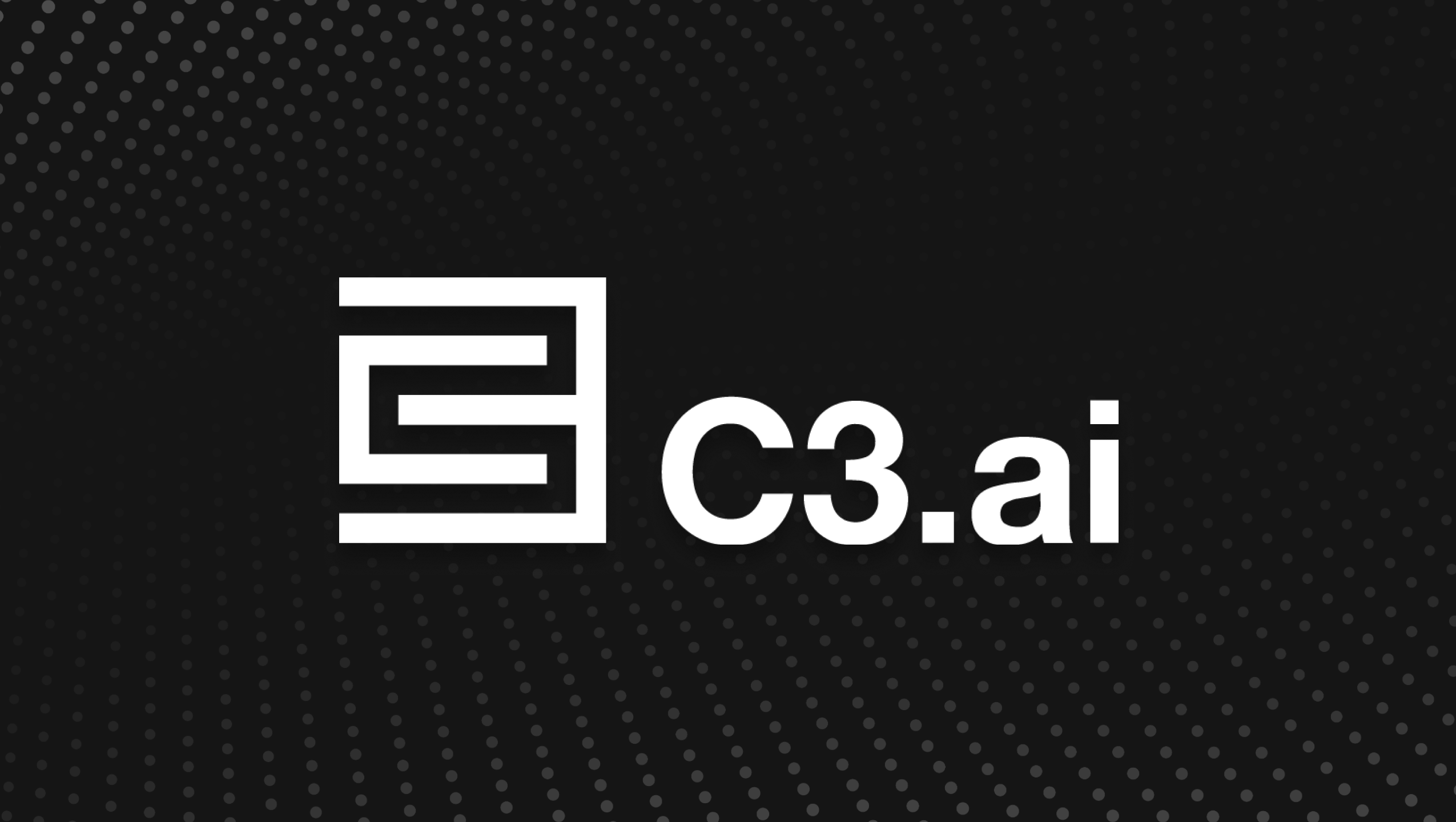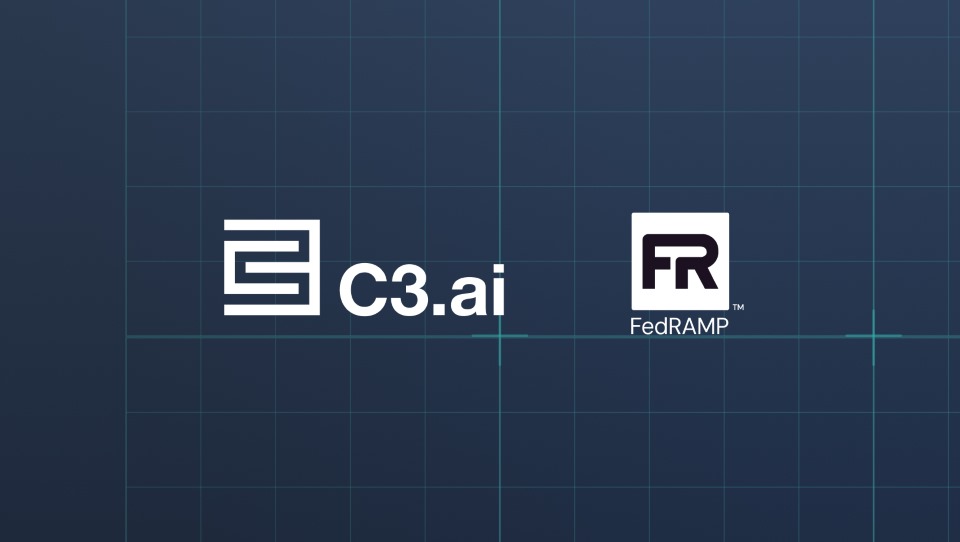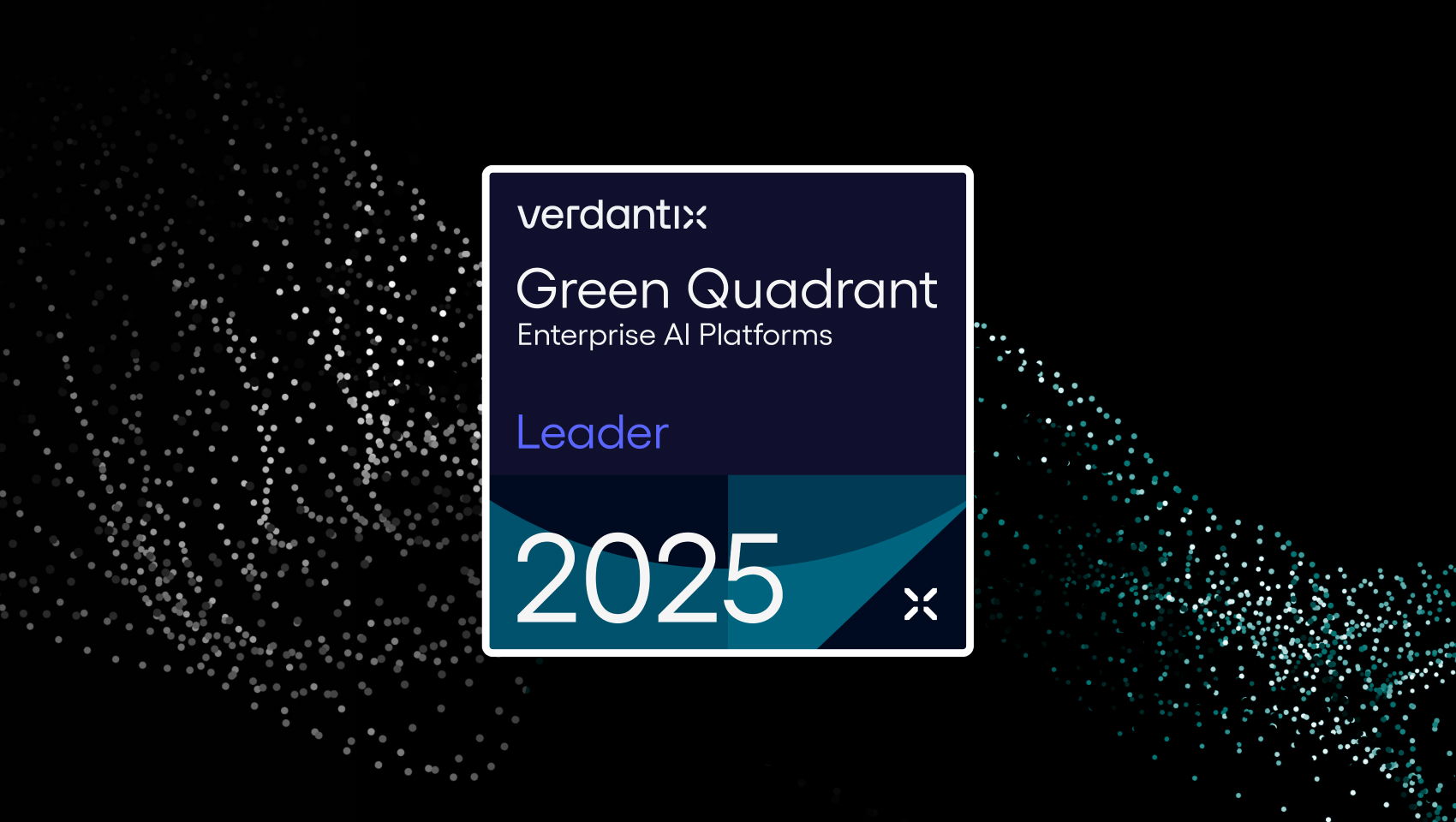French business publication Les Echos profiled C3.ai CEO Tom Siebel, describing his journey building C3.ai into a leading AI and IoT software provider, his views on today’s technology landscape, C3.ai’s European growth, and recruiting from French universities.
C3.ai, valued at $1.8 billion, is accelerating recruiting in Paris. The C3.ai data processing platform allows predictive analysis and improved energy performance.
With his grey hair, Thomas Siebel stands out in a Silicon Valley populated by founders who rarely exceed forty. At sixty-six, the father of customer relationship management (CRM) software is trying to blend into the landscape with a look as casual as his employees – jeans and Allbirds, the merino wool sneakers that are very popular with “techies.” From his office in Redwood City, he leads the C3.ai start-up with the same appetite as a young digital wolf. “This is how I have fun,” he says, smiling. Retirement is not in his thoughts.
The start-up has established itself as one of the main data processing platforms for companies. After seven rounds of financing and nearly $300 million raised, the firm’s value now stands at $1.8 billion.
With its artificial intelligence algorithms, available on Amazon, Microsoft, and Google’s cloud platforms, C3.ai offers large groups solutions for predictive maintenance, energy management, supply chain optimization, and fraud detection. The company also sells IoT solutions for collecting sensor data.
$5.8 billion from Oracle
Siebel admits, however, that it took him “a decade and half a billion dollars” to enter the unicorn group, a group of companies valued at more than $1 billion. When the Chicago native launched the company in 2009, he had his pockets full thanks to the sale, three years earlier, of his company, Siebel Systems, to Oracle for $5.8 billion. This was an agreeable outcome after Larry Ellison, the emblematic boss of the software manufacturer, laughed at Siebel when he introduced CRM software in 1993. This fallout with Ellison led Siebel to leave Oracle, which he had joined when the company had fewer than twenty employees.
In 2009, C3.ai started with a solution for electricity suppliers to better manage their networks. But nine months later, Siebel suffered a serious accident on a safari. Trampled by an elephant, he almost died. “I had nineteen surgeries and had to wait four years before walking again,” he says. We are therefore surprised to see a photograph of an elephant in his office. “When someone tells me they’re going to beat me, this picture puts things in perspective. If you don’t weigh five tons, you can’t beat me!”
With the same bravado, Siebel dismisses the competition from other giants in the sector: Microsoft and SAP, but especially IBM. “Their product does not work. When I hear about Watson, it’s just spectacular failure stories,” he says.
About thirty employees in Paris
C3.ai is walking more and more in the land of the computer giants. Last year, the health division of the conglomerate 3M became a C3.ai customer. But the company’s core business remains the energy sector, with customers such as ENGIE in France, Enel in Italy, and Royal Dutch Shell in the Netherlands. Siebel is now multiplying offensives on other verticals, such as financial services and defense. Since last year, the U.S. Air Force has been using the C3.ai platform. “Half of the USAF fleet is not deployed [at any one time], because there is a problem with pressurization or management systems, for example. We are increasing their availability rate by 50 to 80%,” he says.
The company now plans to double its workforce in one year from 330 to 660 employees, with strong growth in Europe, where it is accelerating hiring after having already recruited around sixty employees. “We want to reach 40% of our revenues in Europe, 40% in the United States, and 20% in Asia within three to five years,” says Siebel, who does not share the company’s turnover, simply indicating that the company has grown by 300% in two years.
C3.ai has five offices in Europe but has decided to make Paris its European headquarters. The company has about thirty French employees and a European board of directors composed solely of French members, Jacques Attali and Jacques Biot, who is former president of the École Polytechnique. In search of future talent in artificial intelligence, Siebel says he covets graduates of the French grandes écoles as well as those of the prestigious American universities such as MIT and Carnegie Mellon.
Read the original article here.



